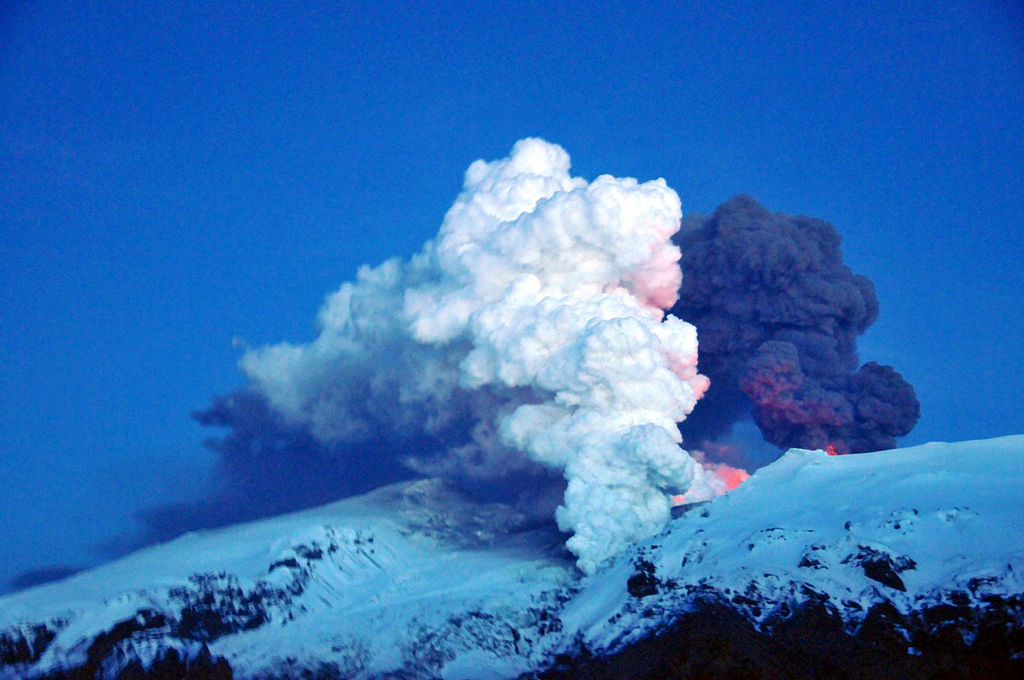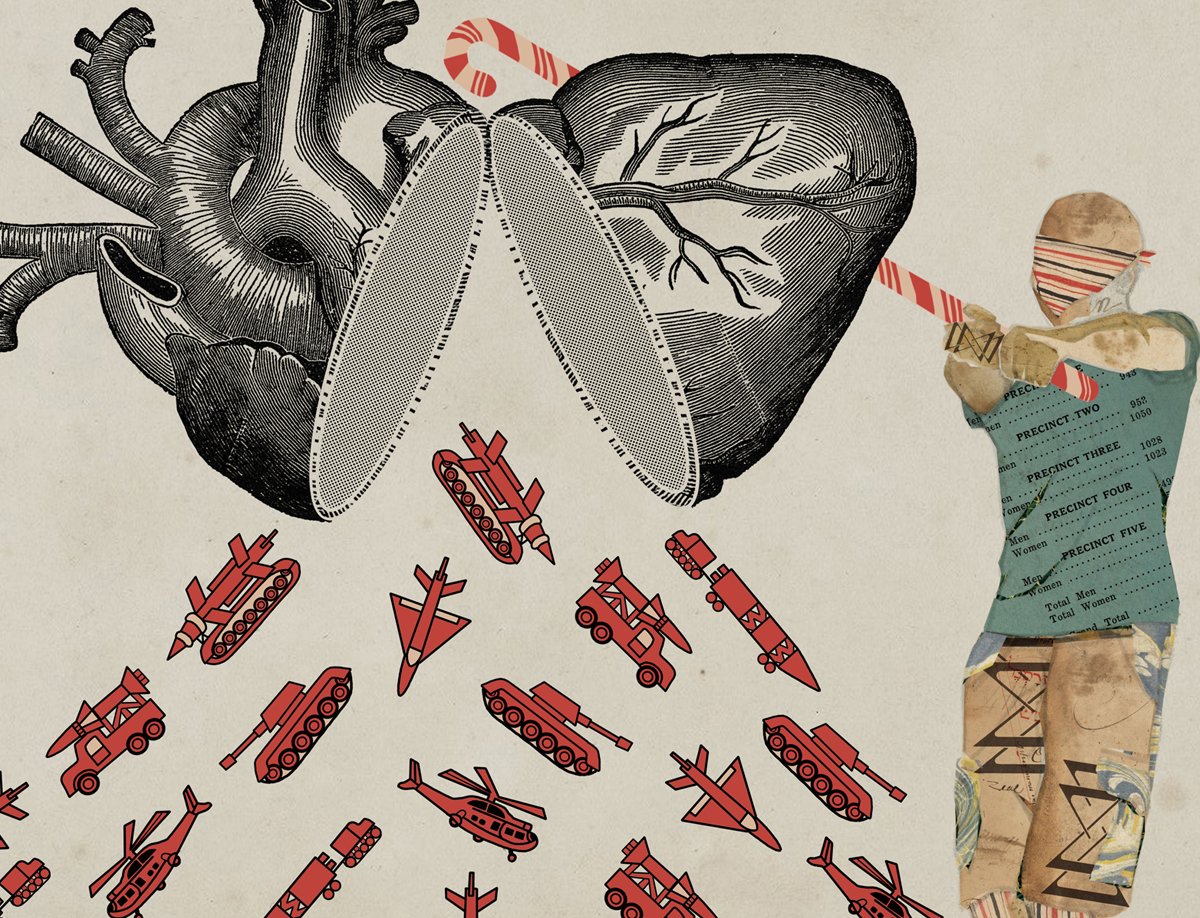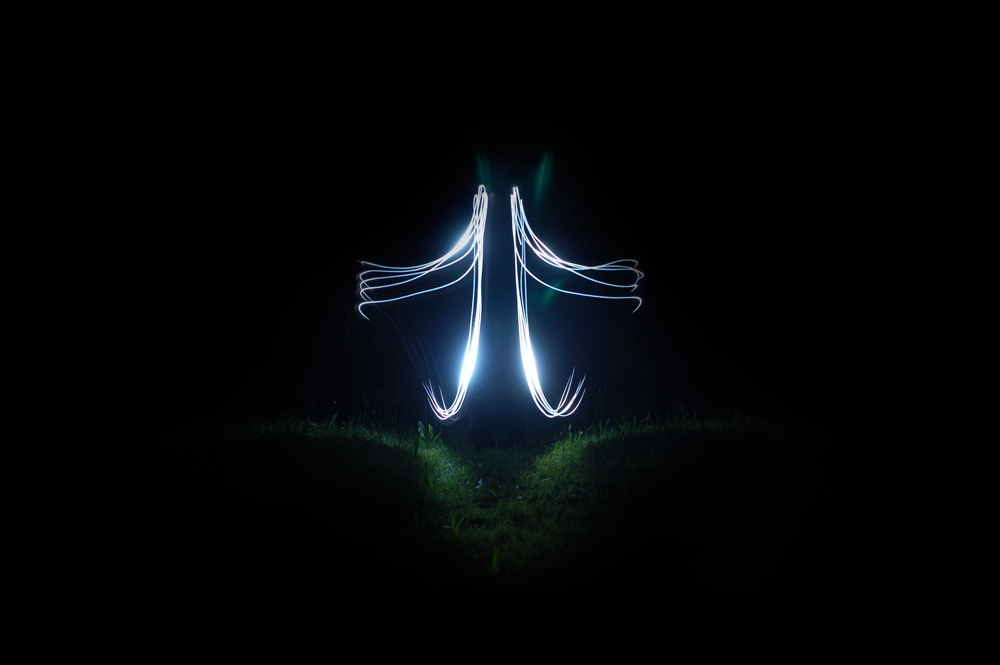“I am a firm believer in the people. If given the truth, they can be depended upon to meet any national crisis. The great point is to bring them the real facts.”
“King’s response to our crisis can be put in one word: revolution. A revolution in our priorities, a reevaluation of our values, a reinvigoration of our public life and a fundamental transformation of our way of thinking and living that promotes a transfer of power from oligarchs and plutocrats to everyday people and ordinary citizens.”
We all experience crises during the course of our lives. The choices we make in the face of each crisis defines who we are. For example, alcoholics reach a crisis point in their lives when they need to decide whether to join AA or continue to spiral down an ugly hole. People who have to make choices in a wide variety of crisis situations can either let their decisions rule their lives or use the experience as a motivation to orient their lives toward what’s most important.
On a macro level, societies experience crises during the evolution of their respective cultures. The choices that we make collectively in the face of each crisis defines who we are as humans on this planet. In this post, I will share what I believe are the ten critical crises that, individually and collectively, constitute a national emergency requiring courageous and creative choices.
1. Climate Change
In 1988, I wrote the book Ethical Leadership in which I emphasized the need to address the crisis being caused by an increase in greenhouse gas emissions. It was clear at the time that human activities since the industrial revolution were on a path to increase the atmospheric concentration of carbon dioxide from around 280 ppm to over 400 ppm by 2020 if nothing was done to address the impending crisis.
Nothing was done. We are now at 410 ppm.
If this rate of increase continues, the Earth’s surface temperature will increase 2 degrees Celsius or more by 2050 with harmful effects on ecosystems, biodiversity, and human livelihoods.
These levels are becoming increasingly dangerous as evidenced by the plethora of extreme weather events over the past decade. To me, climate change is the single largest crisis we face as a civilization.
2. Health Care
When I was Director of Health Promotion for Samaritan Health Services in 1979, I spoke at several national conferences about the dramatic rises in health care costs that were consuming a larger and larger share of the GDP.
At that time, health care costs exceeded $250 billion per year. In 2018, those costs are over $3.5 trillion.
That’s a 14x increase in 40 years.
The US. Health care system has been subject to heated debate during that time period, but our performance has been ranked as the worst among industrial nations according to a 2014 survey by the Commonwealth Fund. The UK and Switzerland received the highest ratings. To me, the most important factors for evaluating health care performance are quality, access, choice, cost, simplicity, and responsibility. Our high costs and low access to quality care have created a real crisis for Americans.
3. Education
When US students are compared to their peers around the world on academic achievement, they rank around the middle of the pack.
For example, In 2015, the results of the Program for International Student Assessment indicated that the US placed 38th out of 71 countries in math and 24th in science. South Korea and Finland ranked the highest. In turns out that South Korea places a very high value on education and Finland not only recruits the highest functioning people for teaching positions, but also pays them well and respects their professional contributions.
In this global economy and competitive world, ranking in the middle of the pack is cause for crisis.
4. Infrastructure
I recently read the book, Fiber: The Coming Tech Revolution and Why America Might Miss It by Susan Crawford, former White House assistant and now professor of law at Harvard. A world traveler, she observed in the Seoul 2018 Olympics that
“the South Koreans with their 5G-enabled devices and fiber optic connections were the most engaged sports fans on the planet. They could see and hear anything they chose in real time, from any angle, including the athlete’s view. Interactive holographic projections, along with augmented reality made possible by glasses or smartphones allowed for new forms of engagement.”
If that sounds like wild, sci-fi scenarios to you, unlike anything you can imagine in the US, I have just proved my point. We have a serious crisis in our infrastructure gap. When we think of infrastructure, we typically think about roads, bridges, transportation, internet access etc.
But we are frighteningly behind the curve on the technology revolution that is fueling innovation and economic competitiveness in Asia and Scandinavia. 5G and fiber optics will be the engines that drive innovative differentiation in the future.
We are facing a crisis we barely understand.
As Michael Lewis wrote in his book, The Fifth Risk, our biggest threat is that we don’t know what we don’t know because we are not investing in R&D. Our lack of infrastructure is a real crisis.
5. Gun Control
In a post I wrote on gun control, I reported that the US has five times the amount of per capita gun-related deaths than Canada, our adjacent neighbor.
Shamefully, in 2018 there were over 100 gun-related deaths per day or over 40,000 per year. One year post-Parkland, over 1200 children were killed by guns.
It seems to me that those facts constitute a crisis requiring some sort of emergency funding. I don’t need to cite any additional facts to make the case that gun control deserves to be in the top ten.
6. Inequality
Based on data from the Survey of Consumer Finances, the wealthiest 1 percent of American households own 40 percent of the country’s wealth—that’s more than the combined total of the bottom 90%. That share is higher than it has been at any point since at least 1962 and has increased 3 percent since 2013 while the bottom 90% fell during the same period. The gap between the super-wealthy and everyone else has become wider in the past several decades. In my post “Inequality,” I shared highlights from Thomas Piketty’s book, Capital, which demonstrated in great detail how the wealth and income gaps continue to widen. One observation he made is that people who start out life with significant wealth have significant advantages over people who have to pull themselves up by their bootstraps, i.e. the system is rigged. It seems to be that the shrinking middle class and the growing wealth of the top 1 percent is likely to produce a real crisis in the not too distant future.
7. Foreign Relations
In an interdependent world, we need to nurture collaborative relationships with our partners across the globe. We need to join forces and strengthen alliances with our allies. Clearly, the economic threats posed by the aggressiveness of China, the fragility and fragmentation of the EU, and the stupidity of Brexit poison that interdependent spirit. These trouble-spots could combine in ways that create a perfect storm with the potential of capsizing the prosperity of a large portion of the world. In addition, the military threats posed by North Korea, Russia and Iran could lead to a world war with unimaginable consequences. Finally, the religious extremism sponsored by Saudi Arabia, ISIS, and Al Queda could result in devastating disruptions. The fact that all of these foreign relationships are at risk adds up to a potential crisis of enormous magnitude.
8. Human Rights
I recently finished Shane Bauer’s book, American Prisons, which reveals the grotesque nature of the business of punishment. Bauer documents his undercover work in a privately run prison in Louisiana in which inmates are treated brutally in the pursuit of lower costs and higher profits. He alternates chapters between his personal experience and the historical evidence related to incarceration by tracing the history of abusing prisoners for economic gain. The book shows in graphic detail how prisons became an extension of Jim Crow in ways that exceeded the horrors of slavery. Yes, mass incarceration of black males is a crisis that requires immediate attention. But prisoner rights are just the tip of the iceberg for other human rights violations manifested in voting rights, reproductive rights, LGBTQ rights, civil rights, and women’s rights. Speaking of women, the fact that women only comprise a small percentage of leadership positions around the world is a crisis in its own right. In my mind, the fact that we have buried our history of human rights violations constitutes a crisis of conscience.
9. Debt
New York Times columnist and Nobel Prize winning economist Paul Krugman continually reminds us that the deficit scolds usually get it all wrong around the importance of a balanced federal budget at all costs. As I understand it, his point is that we don’t need to worry about the deficit and debt when interest rates are low, unemployment rates are high, and the economy is in recession. When the economy is booming and unemployment rates are low, however, we should be raising taxes and reducing the deficit in preparation for rainier days.
In 2019, we are burdened by more debt than at any time in history in one of the strongest economies we have ever seen.
The federal government debt is $23 trillion and climbing at $1 trillion per year.
69% of college students take out student loans and graduate with an average debt of $29,800. Total student debt now exceeds $1.5 trillion. Total US credit card debt is another $1 trillion.
Corporate debt is an unprecedented $29 trillion.
Many companies are more indebted than ever.
The combined total of $55 trillion of debt for government, students, families, and corporations feels like a crisis to me.
I’m pretty sure Paul Krugman would agree.
10. Divisiveness
Last, but not least, I’m including divisiveness among my top 10. This crisis has many components: republicans vs. democrats, rich vs. poor, immigrants vs. non-immigrants, gay vs. straight, black and brown vs. white, educated vs. uneducated, religious vs. non-religious, religious vs. religious (Christians, Jews, Muslims, Hindus), rural vs urban, young vs. old etc. In every case, the issue of exclusivity vs. inclusivity fuels the divides, i..e. if I am a member of x, I reject all members of a, b, c, y, and z. The fact that we think and relate more competitively and independently than collaboratively and interdependently constitutes a grave crisis for civilization as a whole.
So that’s my image of the top 10 crises that deserve our attention and effort. You may have a different list. I would love to hear what you would add to or subtract from my list. I’m not saying that security, crime, the humanitarian crisis at the border, etc. aren’t problems that are worthy of our attention. I’m saying that we need to be conscious of what is occupying our mind-share, for example, does the debate about walls distract us from larger issues and more critical crises.
All of these crises require inclusive, innovative, and interdependent solutions. Proposing policy changes for each of these crises is beyond the scope of this post, but suffice it to say that the solutions must involve more consensus building and bottom-up participation of usually dissenting groups coming together with a shared sense of purpose.
As individuals, we tend to get distracted by issues that shouldn’t rank in our own top ten. Are we thinking about fashion when we could be working toward fulfillment? Are we so focused on our careers that we ignore our families? Are we so consumed by money that we lose track of meaning?
As a society, we can also get distracted. Are we more dedicated to competitive advantage than to the common good? Are we more obsessed with winning than growing? Are we so caught up in manufactured crises that we ignore the looming disasters that keep getting larger and more ominous the longer we pretend they don’t exist
May we address our individual and societal crises with the creative energy and collaborative spirit that they demand. May we seek the truth, give people the facts, and join together in a revolutionary evolution of priorities and values. May we make choices in response to these crises that define us as a positive force in human history.



